Miscellaneous - Interview Part 1
by John Clarkson
published: 13 / 1 / 2002
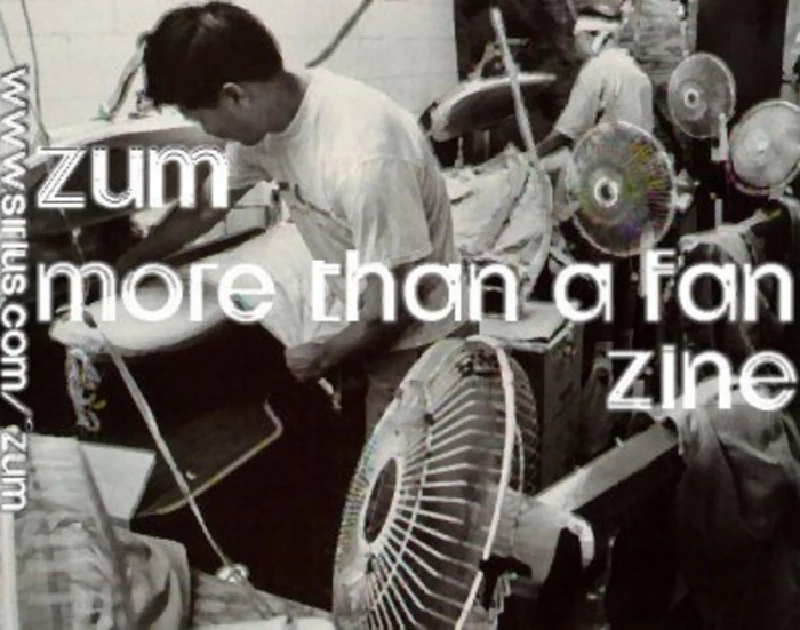
intro
Zum is both a San Francisco music magazine and also a growing independent label. It was first established in 1990 as a small, photocopied fanzine of a few pages by brother and sister team, George a
Zum is both a San Francisco music magazine and also a growing independent label. It was first established in 1990 as a small, photocopied fanzine of a few pages by brother and sister team, George and Yvonne Chen, when they were both still at high school and has expanded over the course of the last decade into an internationally known and well respected magazine with editions topping 100 pages. The Chens celebrated the release of the tenth edition of the Zum magazine in 1997 by enclosing a free compilation CD with tracks from some of their favourite bands. Out of this, the Zum label began, and starting with a popular second compilation 'Zum Audio Vol. 2' the following year, the Chens have since released albums and singles by a diverse range of acts that include Nirvana and Sonic Youth style punk bands Nuzzle and The Sea Scouts ; space rock instrumentalists Giardini di Miro ; rootsy rockers The Beans and dance acts Outhud and !!! As well as running Zum, both Chens have appeared together in the band Megaweapon. George is now in the group Boxleitner, while Yvonne was until recently the drummer in the group The Contrail. George toured with Boxlieitner at the beginning of January. The Contrail's first single 'Don't Derail' (reviewed elsewhere in this issue) has just been released, while a new album 'Correspondence School', upon which Yvonne will also appear, is forthcoming. The two Chens are both regular promoters, and have also organised several concerts and shows in and around the San Francisco area. With the twelfth and final edition of the Zum magazine having just been published, and exciting plans being developed to use their writing and reviewing talents to expand their website www.zumonline.com, George and Yvonne Chen took the opportunity to talk to Pennyblackmusic in an on-line interview about Zum's first ten years, and also where they see their immediate future. PB : The Zum magazine is now well established and has been running for many years. The first issue was published when you were both still at High School. In which year was that ? GC : 1990 was the first issue, I had been thinking about doing it for a while and it just came together that fall. YC : I don't even remember how we actually got the content together. I guess we just sat down and did it and then George did the layout in Pagemaker and we made 25 copies or so on our dad's home office photocopier. PB : George, in one of your editorials for Zum (Zum 10) you said that you started Zum as ‘ a very adolescent High School response to things that were disturbing me at the time like Parental Advisory Stickers and being in a Jesuit boys’ school’. Can you tell us more about this ? What were some of the other things that were also disturbing you at the time ? GC : The Bush/Quayle era took on a very confrontational feel at the time. It was sort of the beginning of the 'culture wars.' The subjects we were talking about were quasi-libertarian freedom of speech issues, NEA funding, things of that nature. Music was part of it, but the feeling that youth culture was under attack made it all seem more immediate. The difference after Nirvana and the marketing of 'alternative' was that youth culture was validated and incorporated into the mainstream quicker. Clinton was the rock'n'roll president after all. Being in a Catholic school for the first time also made me more aware of conservative culture. PB : Yvonne, were your motivations for starting Zum similar to George’s ? In what ways were they different, and in what ways were they the same ? YC : At the time (my later high school years), I was somewhat idealistic and more of an 'activist' and thought of Zum as a forum to discuss issues and share youth culture and creativity. I didn't even know the term 'zine' then and considered Zum to be a newsletter. George's motivations may have been more subversive because of his more repressed all-boy Jesuit educational surroundings, while I was in public high school and didn't really have those kinds of issues. I was more concerned with environmentalism, human rights, and 'modern rock' and saw zum as a cool way to share that with my peers. PB : What did the very first issue of Zum contain ? GC : There were editorials on censorship, racism, environmentalism, and a smattering of music and movie reviews. And a horrible short story, but we were struggling to get contributors. PB : The Zum magazine has obviously changed a lot in the years since then and has also gained international status. What do you feel the main changes have been ? GC : Aside from size and distribution, we went from being a fanzine to a magazine. It was gradual since we've been doing it for so long, but at some point we realized that was the case. Getting a ton of free CDs, having tearsheets sent to labels, not feeling so much like a fan and more like the people in bands were our peers, like we shared an agenda. YC : I think the main change has been our shift in focus from broader social concerns with a serving of pop culture criticism to predominantly music-related features and reviews. I don't really think that is a good thing, but that's just how things evolved. In the last couple of issues, we've unconsciously managed to incorporate more of our Asian American identity into the mix, without trying to hone in on the niche market of Giant Robot. PB : Have both your musical tastes changed as the magazine has developed ? GC : I would say so, not so much from the CDs we were sent as from people we met at school. Just being in Berkeley, which is an amazing music community, there are great record stores in the Bay Area and college radio, 924 Gilman Street and good bands. Even the bad bands would sometimes turn you onto something good. I'd say that developing music tastes changed the magazine. There are different scenes and labels I'd like to be associated and affiliated with, much of which comes from just following the 'indie rock' scene throughout the 1990s. Right now I'm really interested in Load Records/Providence type stuff, but when we started the label we were both very into Chicago-y math rock stuff, whereas when we began the zine it was all about Billy Bragg and Echo & the Bunnymen. Yvonne was pretty into 'Grebo.' YC : Yes, I'd have to say my musical tastes have improved markedly since we started the zine. While I was already past my top 40 stage by the time I hit high school, I was still into some pretty tame stuff. By no means would I disown a lot of it as there were many good bands like the Smiths, Echo, Stone Roses, but I didn't hit the good indie stuff until college. Sophomore year was a pretty seminal year for me, with an introduction to the Spinanes, Uncle Tupelo, Courtney Love (Lois & Pat, not Ms. Hole), Rocket from the Crypt, Beat Happening, Yo La Tengo, Polvo and many more. I think this is best represented by our most indie-stellar issue, #7. Interviews with Superchunk, Seam, Uncle Tupelo, Shadowy Men on a Shadowy Planet, J Church, Candice from K Records... Anyhow, that was also the year I learned to like more dissonant and harder sounding music, as opposed to outright melodic likeable mainstream alternative. I'm not an avant-garde/no-wave fan by any means, but my musical likes certainly encompass a lot more now than when we started. PB : More recently, you have started the Zum label. What was its first release ? Was it the compilation CD that accompanied the Zum 10 magazine of 1997 ? GC : Yes, that was the first, we tried to think of ten bands to celebrate our tenth issue on a ten inch, then we realized how expensive it was and the list of bands was too long. A bunch of bands flaked or were cut from that, and that became the basis for making Zum Audio vol. 2 which has been the most recognized and best selling label release. YC : Actually, Zum Audio vol. 2 is considered our first proper release as a label. Even though the CD with #10 is an amazing comp, we hadn't decided at that time that we were officially going to start a label. It could've been a one-off or we might've continued releasing CDs with the zine, but in the end, I think that we liked releasing music that we cared about and wanted issue #10 to stand as something special, so starting a label was the way to go. PB : Since then there have obviously been a lot of other releases. Can you list these releases ?Are they all still available ? GC : The first was that #10 comp, then Zum Audio Vol. 2, then came the Nuzzle 7", Sea Scouts, Giardini di Miro and the OUTHUD/!!! 12". All are still available, with the OUTHUD/!!! 12" being repressed with GSL. PB : One of the really impressive things about the Zum catalogue is its diversity. Both Nuzzle and the Sea Scouts, for example, play Sonic Youth/Nirvana style indie guitar rock. GDM are Mogwai style instrumentalists, while The Beans are rootsy rockers and Outhud and !!! are dance acts. Many labels talk about their sound. What is the Zum sound ? Is there one, and what sort of things are you looking for in a band when you sign an act to the label? GC : I think you're right to recognize that diversity of sound. I think there is a similar approach and intent among the bands, but I would just hope that people would recognize each project as being quality, and associating that with the label. What we look for in signing a band is just something that impresses us and people that we'd like to work with. I've been watching Nuzzle since 1994 and always hoped that I would have a label that would release stuff for them. I like to think that we are still a punk label even though we don't follow punk formalism. Everyone on our label is playing music for the right reasons and I think there's practical as well as political loyalty to independent labels. YC : We definitely have broad tastes in music and the fact that there isn't a 'zum sound' reflects that. Like George said, what ties our releases together is a quality and ethic, rather than a genre. While a label sound identity would be helpful in marketing, hopefully people will appreciate our diversity. Like our comps, I don't expect very many people to like everything we put out. We happen to, and maybe people who don't usually listen to a certain type of music will get turned on to something new PB : The bands on the Zum roster are from all over the world. The Beans, for example, are from Vancouver ; GDM are from Italy and The Sea Scouts, who have recently broken up, are from Tasmania in Australia. The compilation CDs , as well as featuring groups from all over United States, also have acts from as far away as Amsterdam. How did you get to hear about these groups ? Did they come to you or did you go to them ? GC : In the case of Giardini di Miro they came to us, in the case of Sea Scouts I found them through a co-worker (I work for an Australian company). He leant me Beacon of Hope and I was totally blown away. Part of what is so amazing about them is how they came to their own equivalent of what Unwound without ever sounding referential to them and having never heard them--it was more that they had a clear Sonic Youth/Nirvana influence. There was immediate recognition without that bad aftertaste of imitation, and I just thought that it would be great to get that record available over here, so we worked out a licensing deal with the Patsy label. The compilations CD had a Rex track that was recorded in Amsterdam, but they are/were a Chicago/New York group. The next point in the global dominance plan is the Beans, who are from Vancouver and introduced to us by Miko from the band Gaze. PB : You’re also both promoters, and have organised several shows in and around the San Francisco area. How long have you been doing this for, and are your shows regular events ? GC : We really began with show promotion in 1994 and 1995, I had a campus job setting up free outdoor concerts and I helped set up a benefit for a campus group fighting an anti-immigration ballot proposition. Between these two things, when my campus job ended people still asked me to help them set something up, so we did a few shows at the Berkeley YWCA. That went off and on through 1998. Since then we haven't had a regular venue at all but will help friends' bands when they come through town. It's really important for us to have all ages shows because it's more exciting than a bar show and no one else is doing it in the Bay Area with any regularity. PB : You do your own radio shows too. Do you have regular radio slots, and where can we catch you ? YC : Actually George hasn't done a radio show in quite a while. In fact, I started my show when I took over his show from the summer in 1995 on KSCU, Santa Clara. I ended up DJing there and taking on various management positions for four years, retiring this past fall. If all goes well, we'll soon be including some web radio shows on the website. That will be the closest I'll come to DJing again
Picture Gallery:-
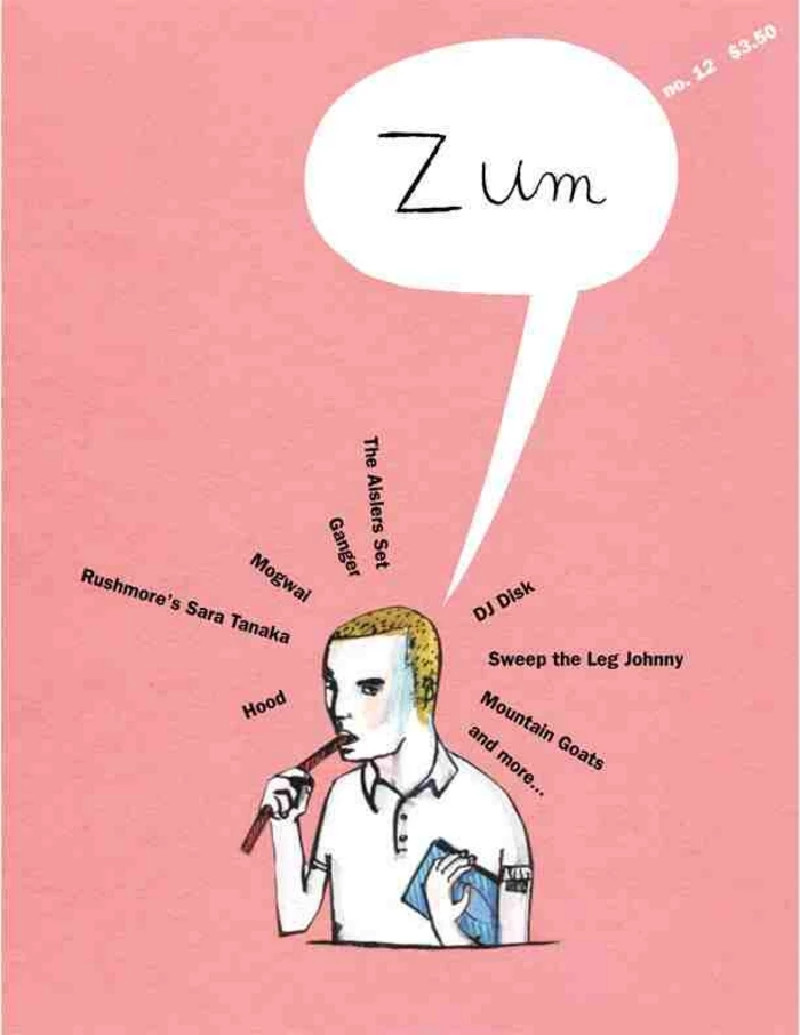
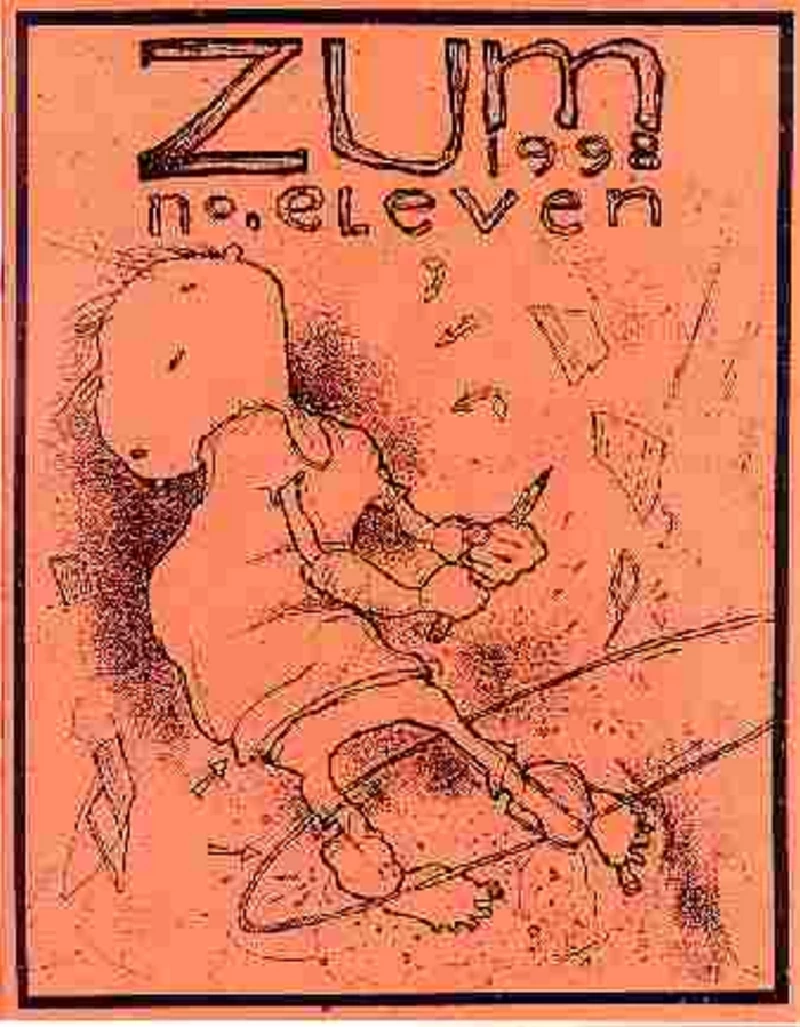
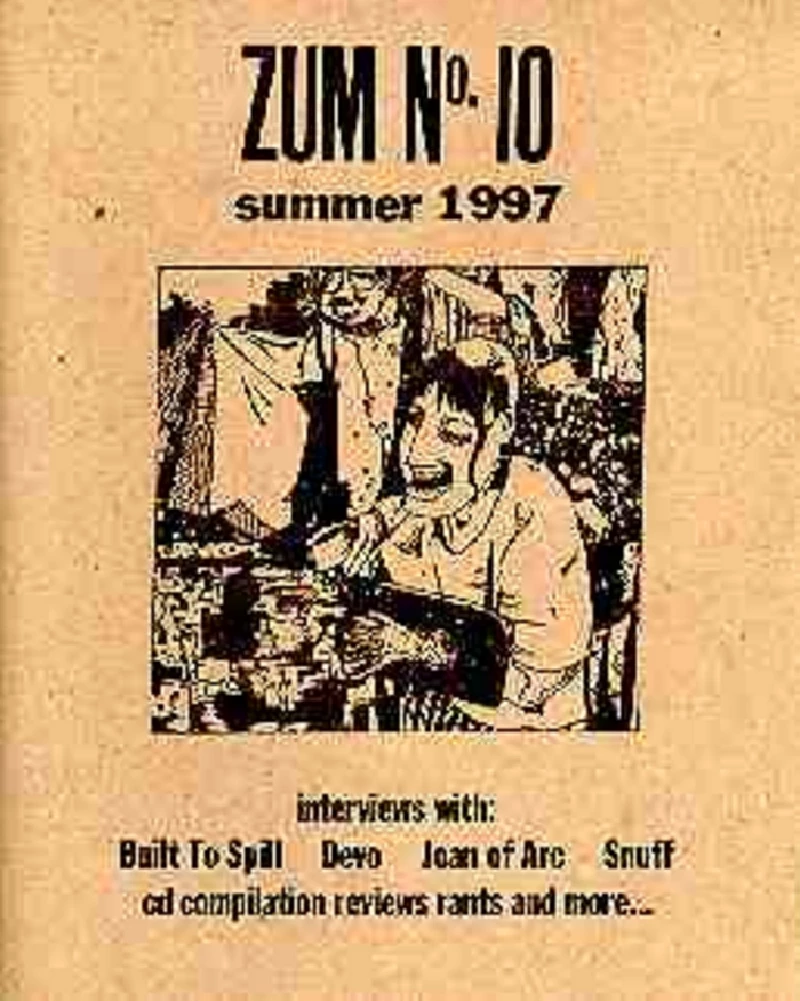
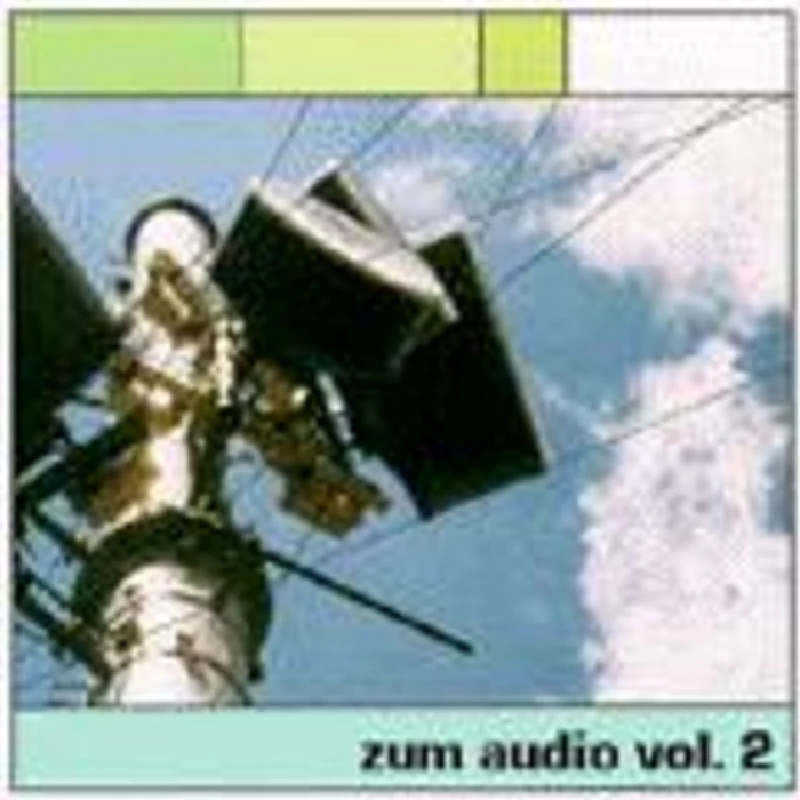
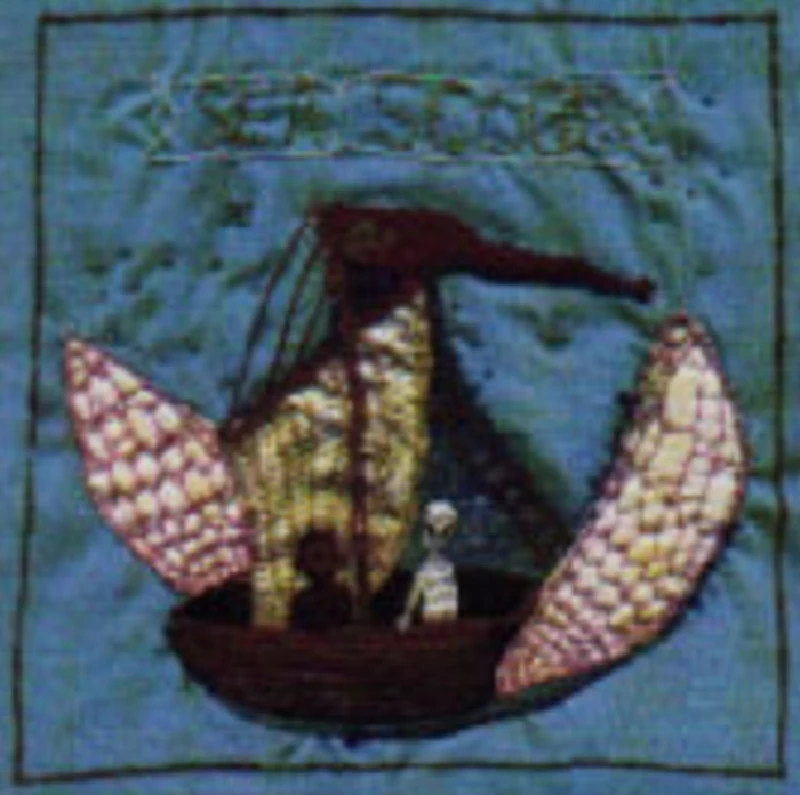
most viewed articles
current edition
Carl Ewens - David Bowie 1964 to 1982 On Track: Every Album, Every SongArmory Show - Interview with Richard Jobson
Colin Blunstone - Thalia Hall, Chicago, 16/7/2025
John McKay - Interview
Visor Fest - Valencia, Spain, 26/9/2025...27/9/2025
Bathers - Photoscapes 1
Billie Eilish - O2 Arena, London, 10/7/2025
Loft - Interview
Robert Forster - Interview
Sir Tim Rice - Interview
previous editions
Manic Street Preachers - (Gig of a Lifetime) Millennium Stadium, Cardiff, December 1999Heavenly - P.U.N.K. Girl EP
Beautiful South - Ten Songs That Made Me Love...
Oasis - Oasis, Earl's Court, London, 1995
Prolapse - Interview
Boomtown Rats - Ten Songs That Made Me Love....
Trudie Myerscough-Harris - Interview
Peter Perrett - In Dreams Begin Responsibilities Interview Part One
Coldplay - Wembley Arena. London, 16/8/2022
Pixies - Ten Songs That Made Me Love...
most viewed reviews
current edition
Davey Woodward - Mumbo in the JumboAmy Macdonald - Is This What You've Been Waiting For?
Sick Man of Europe - The Sick Man of Europe
Phew, Erika Kobayashi,, Dieter Moebius - Radium Girls
Lucy Spraggan - Other Sides of the Moon
Bush - I Beat Loneliness
Suzanne Vega - Flying With Angels
Alice Cooper - The Revenge of Alice Cooper
Blueboy - 2
Cynthia Erivo - I Forgive You
Pennyblackmusic Regular Contributors
Adrian Janes
Amanda J. Window
Andrew Twambley
Anthony Dhanendran
Benjamin Howarth
Cila Warncke
Daniel Cressey
Darren Aston
Dastardly
Dave Goodwin
Denzil Watson
Dominic B. Simpson
Eoghan Lyng
Fiona Hutchings
Harry Sherriff
Helen Tipping
Jamie Rowland
John Clarkson
Julie Cruickshank
Kimberly Bright
Lisa Torem
Maarten Schiethart